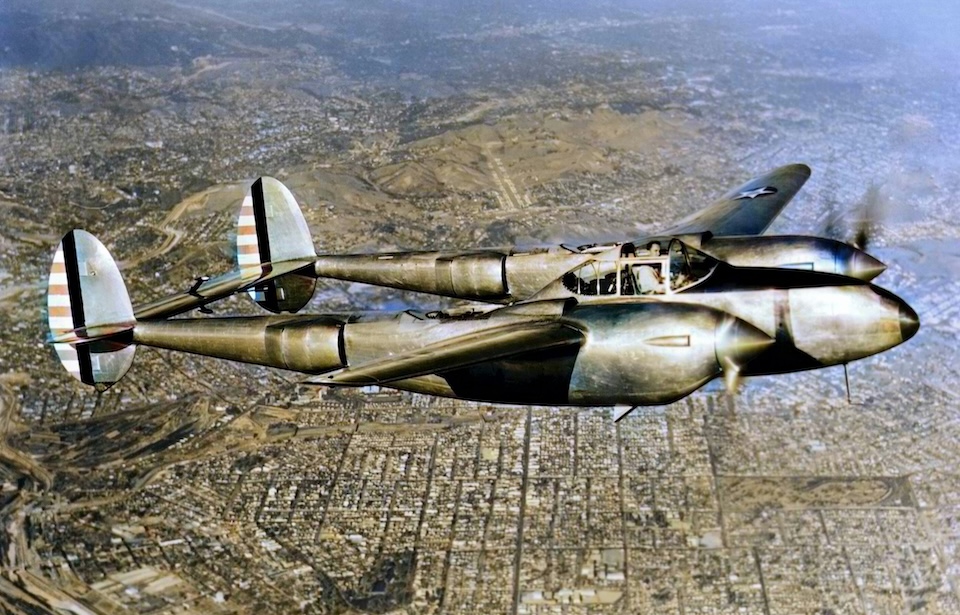During the Second World War,, the United States and the Soviet Union fought together against Nazi Germany. That’s why it was so surprising when, in late 1944, American planes accidentally launched an attack on Red Army troops near the city of Niš in Serbia.
Even now, no one knows exactly why the attack happened, and neither government has provided a clear explanation. The Niš Incident remains a tragic case of friendly fire between two allies who were supposed to be working together.
A big mistake by the American forces
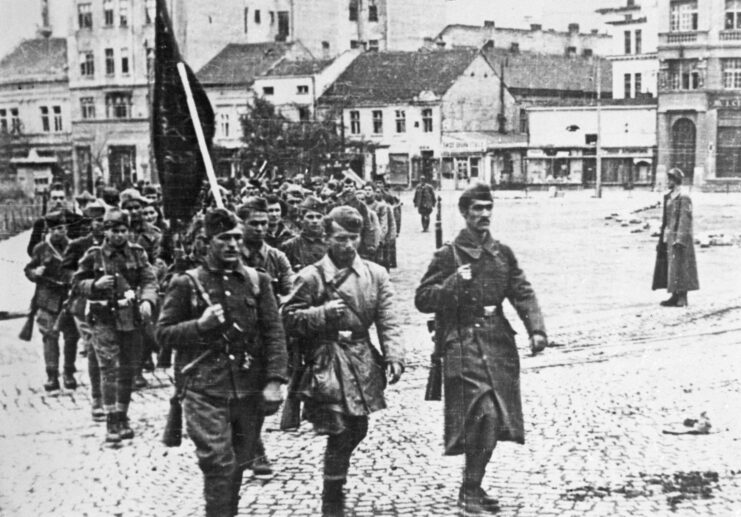
On November 7, 1944, the Soviet 6th Guards Rifle Corps was moving toward Belgrade, Serbia, to help strengthen the southern part of the Hungarian front against possible enemy attacks.
At the same time, the U.S. 82nd Operations Group (82 OG) was flying missions to support the Red Army from the air. But that day, a major error occurred. The Americans didn’t realize the Soviet troops had advanced 100 kilometers farther than they thought. Even though U.S. Mediterranean Air Force command had assured them there were no German forces near Niš, the 82nd went ahead with their planned attack.
It appears the Americans mistook the Soviet troops for German soldiers.
Friendly fire dogfight
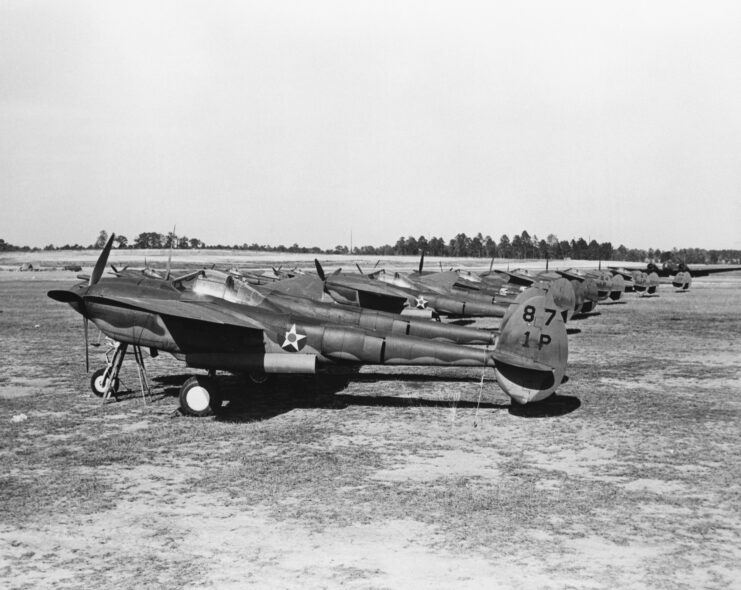
A group of Lockheed P-38 Lightnings open-fired on the Soviet convoy. It’s unclear how many American aircraft were involved in the attack, but the Red Army quickly retaliated, believing them to be Luftwaffe-flown Focke-Wulf Fw-189 Uhus.
Orders were given to Soviet pilots, based out of the nearby Niš Constantine the Great Airport, to aid in the engagement. Multiple Yakovlev Yak-9 and Yak-3s flew to the area, immediately engaging with the P-38s in an action-filled dogfight. It took some time, but the Red Army aviators eventually identified the white stars on the American fighters and laid off their weapons.
Lasted just 15 minutes
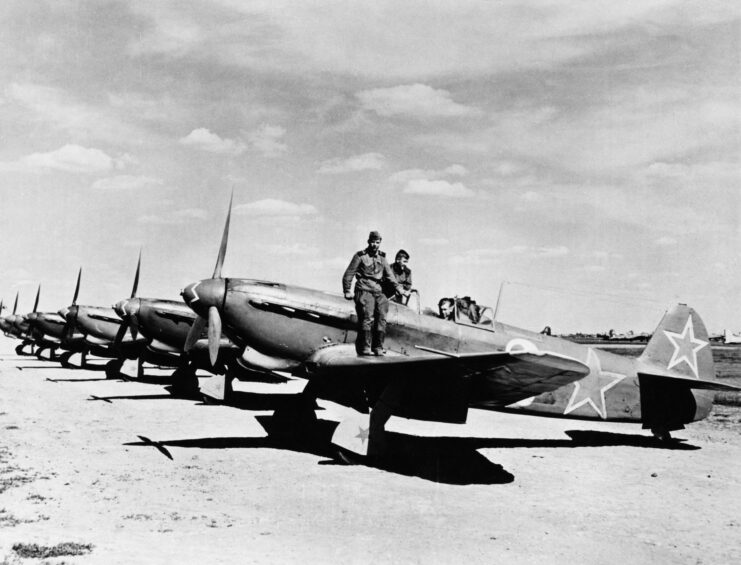
From the ground, the Soviets tried to signal the Americans, attempting to alert them that they were mistakenly attacking their own allies. However, for reasons unknown, the Americans failed to pick up on these signals. It wasn’t until the Soviets prominently displayed the Red Star on their aircraft that the American pilots realized they were targeting an ally and swiftly ceased their attack.
This confrontation, later referred to as the Niš Incident, lasted roughly 15 minutes. Despite its short duration, it resulted in the loss of aircraft on both sides.
Reason is still unclear
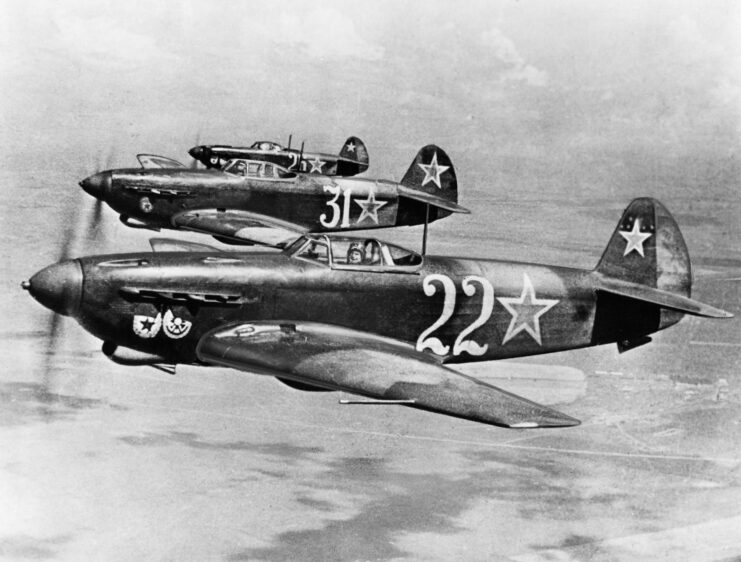
The exact cause of the Niš Incident is still unclear. According to the official explanation, American forces mistakenly identified the Red Army troops as German soldiers—but much of the information about the event remains classified. This has led some to speculate that there may have been another motive behind the attack.
Given the rising tensions between the United States and the Soviet Union at the time, some believe the incident could have been a sign of the growing strain in their relationship. Whether or not this theory is accurate won’t be known for sure until more information is eventually declassified.
Each side has a different account of the event
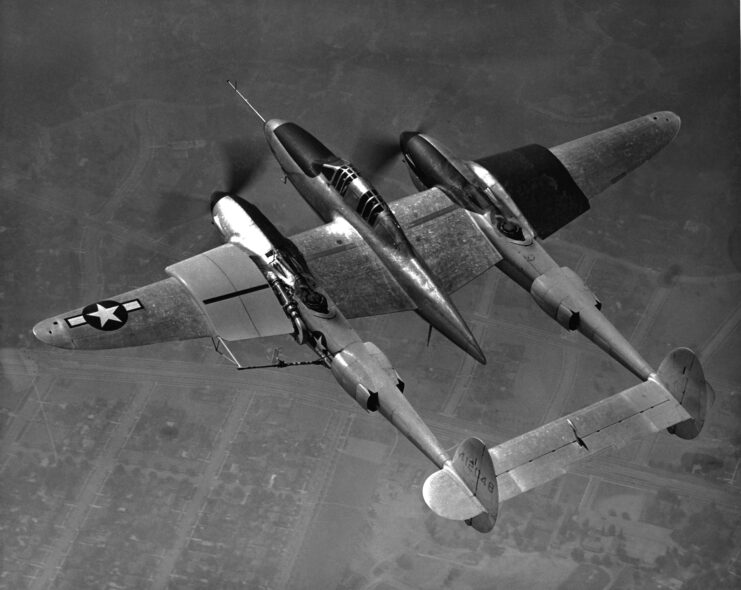
Each side maintains their own account of what happened. The number of casualties for each varies, with the Soviets suffering between 31-34 casualties, around 37-39 wounded and 20 cargo trucks burned. The US contends that four Soviet aircraft and two P-38 Lightnings were lost that day, while the USSR claimed the total was actually two Yaks and five P-38s.
Ultimately, the US military apologized for the mistake.
